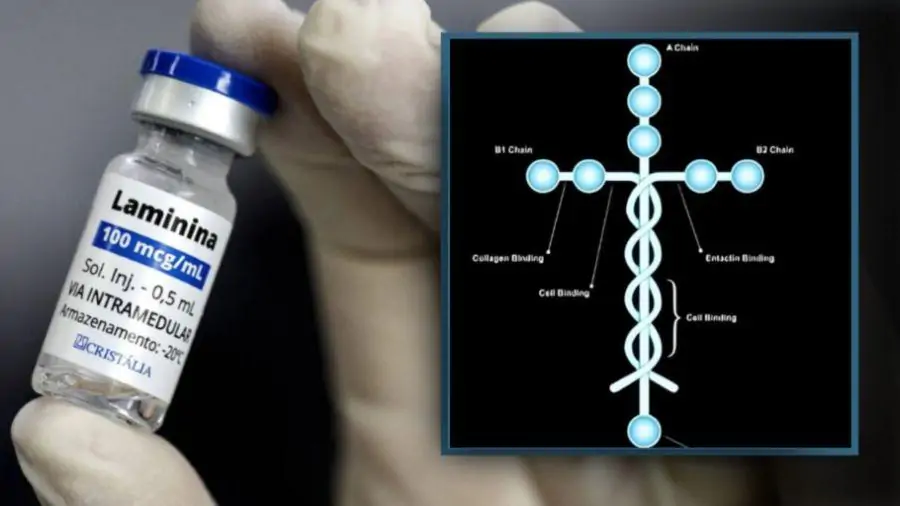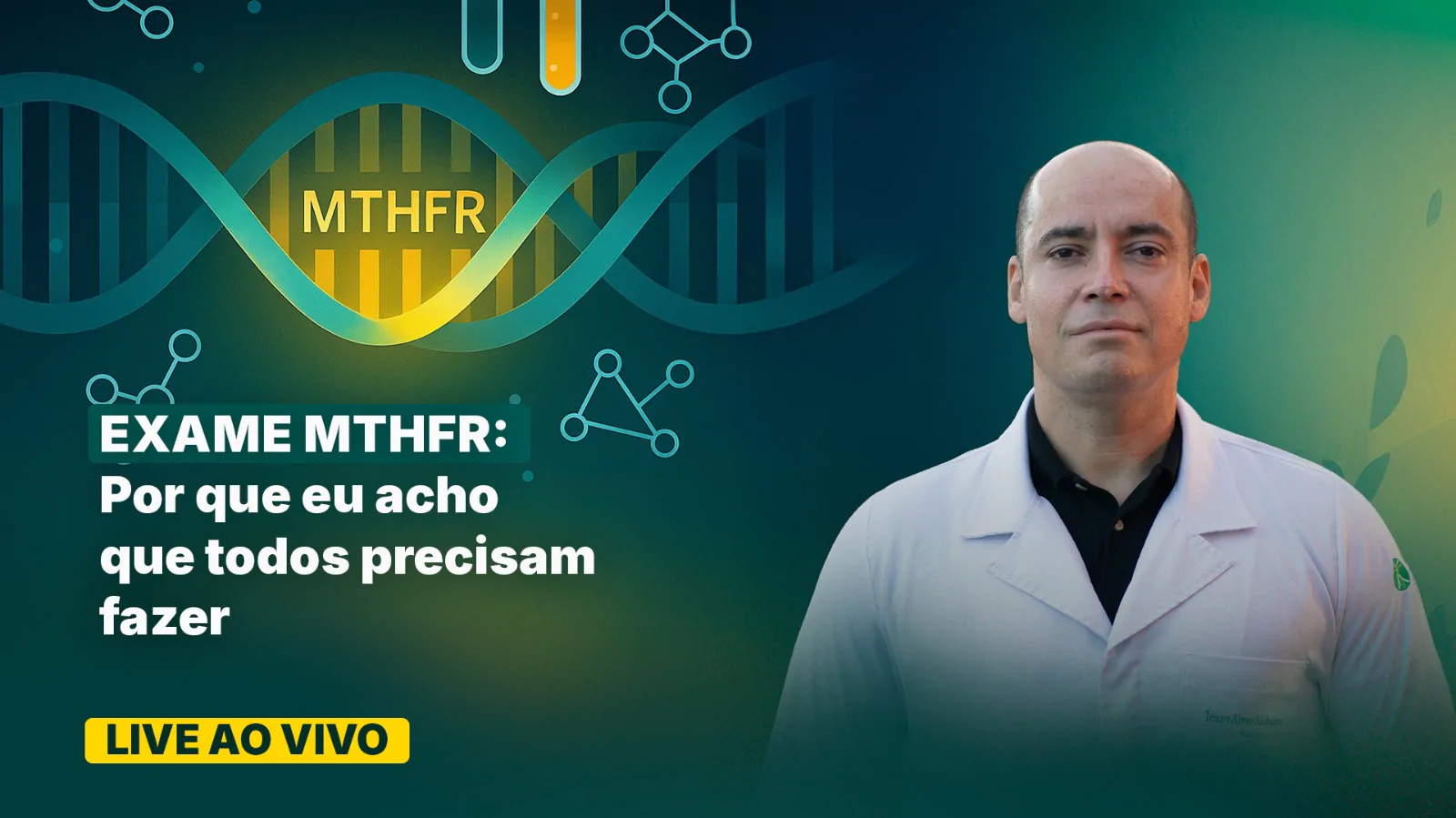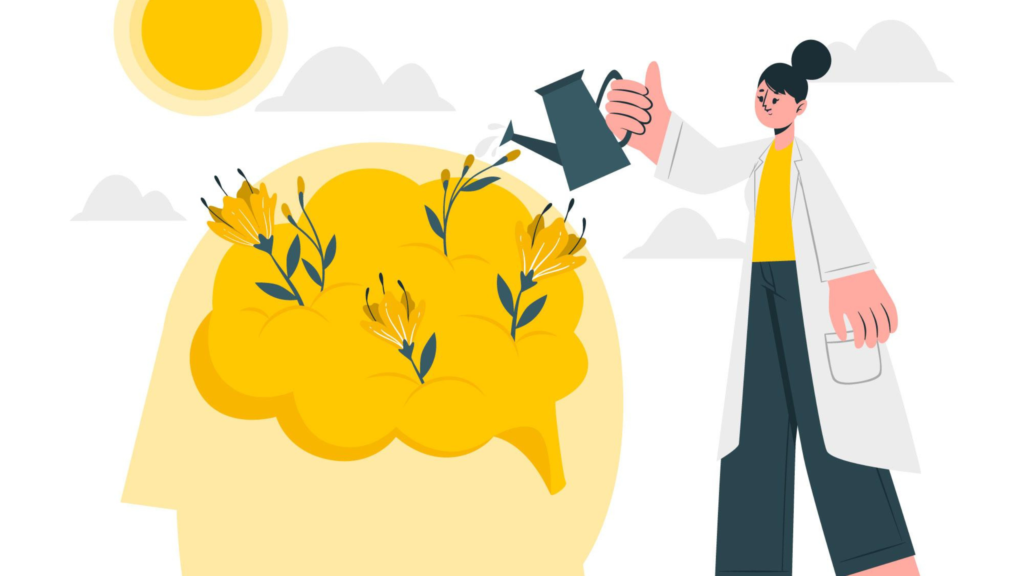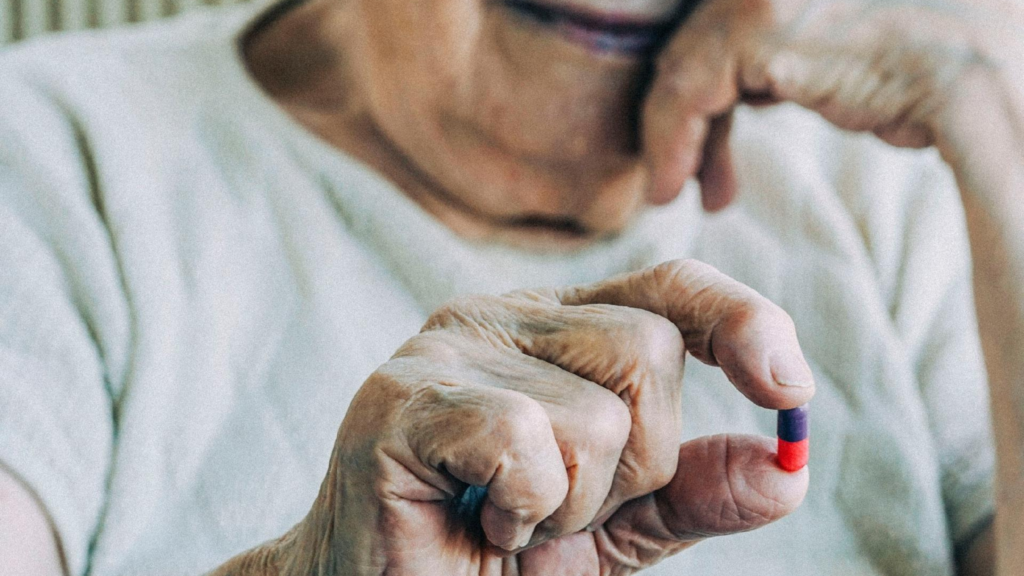Homeopathic medicine presents itself as a distinct paradigm in the field of health, focusing on an integral and natural approach to the human being. Moving away from conventional methods, it aims not only to treat specific illnesses, but also to strengthen the body as a whole, promoting lasting health and preventing future illnesses.
✅ HOMEOPATHY: WHAT IS IT AND HOW DOES IT WORK?
Homeopathy, a medical practice valued for its effectiveness, accessibility, safety and lack of contraindications, treats the human being in a complete way, focusing not only on curing illnesses, but also on strengthening the body to prevent new health problems. This method, based on Hippocrates“ ancient principle ”like cures like", uses substances that cause certain symptoms in healthy people to treat those same symptoms in patients, but in small, carefully adjusted and diluted doses, under the supervision of a specialized doctor who is well informed about homeopathic medicine.
To understand homeopathy, it is important to reflect on the difference between a living person and one who has just died. What distinguishes these two states, spiritual and religious concepts aside, is the existence in living individuals of a fundamental energy that allows our brain to function, our heart to beat and our ability to breathe. In Homeopathy, this energy is known as “Life Force”. The absence of this force is what defines the transition from life to death in medicine.
In homeopathic treatment, two people with the same symptoms can be treated with different remedies, as each individual has a unique configuration of Life Force. The aim of the treatment is not only to relieve symptoms, but also to rebalance the functioning of the body and mind. This approach, supported by scientific evidence, differentiates Homeopathy from traditional medicine, which is often limited to treating symptoms only.
In short, homeopathy combats “diseases” by inducing in the patient, through the administration of homeopathic medicines, a similar but more intense and temporary condition. This controlled and self-limiting approach causes the patient's vital force to focus on the “homeopathic disease”, learning to deal with it and rebalancing itself. In this way, the body can deal with the “real disease” more effectively, quickly and gently. Basically, this is how homeopathy works. Through a careful and effective process, it seeks to rebalance the Life Force, promoting health and well-being in an integrated and lasting way.
🩺 MEDICAL CONSULTATION AND TREATMENT:
In homeopathic practice, the medical consultation is a fundamental and distinctive stage. During a homeopathic consultation, the doctor pays detailed attention to all the patient's complaints. This approach is not limited to physical symptoms, but extends to emotional and contextual aspects that influence the individual's health. Details such as the nature of the pain, its relationship with external variables such as weather, mood, time of day, diet, lifestyle, and even significant events in the patient's life, are meticulously analyzed.
The homeopath seeks to understand the patient as a whole, exploring their personality, fears, dreams, significant events, likes and dislikes. This in-depth understanding is essential, because homeopathy is not just about relieving symptoms in isolation, but about promoting the patient's general well-being, balancing their Life Force for a full recovery.
Treatment in homeopathy is highly individualized and is particularly notable in the formulation of its medicines. Unlike conventional medicine, where generic drugs are often used to treat common symptoms, homeopathic medicines are prepared specifically for each patient. The basis of each homeopathic remedy is a careful dilution of natural substances, selected to match the patient's unique symptoms. This process of dilution and succussion (vigorous shaking) is crucial to activating the medicine's efficacy within homeopathic principles. This personalization of treatment is one of the main characteristics of homeopathy.
Homeopathic medicines are carefully prepared in compounding pharmacies, following strict quality standards and strictly according to the patient's prescription. Each remedy is diluted to meet the specific needs of the patient, a practice that is fundamental to the Homeopathic principle that “like cures like”.
In addition to the health benefits, homeopathic treatment is often more economical, especially in the medium and long term. This is because homeopathic medicines, which are usually inexpensive, are able to treat several health conditions simultaneously, relieving symptoms and strengthening the body against future imbalances.
In short, homeopathic consultation and subsequent treatment represent an approach to care that values the complexity and individuality of each patient, offering personalized treatment that integrates and promotes the individual's overall health.
📜 SURGE
Homeopathy, a unique and integral medical approach, has its origins in antiquity, dating back to Hippocrates, considered the father of modern medicine. Hippocrates, who lived around 400 years before Christ, was the forerunner of many fundamental concepts for today's medicine. Among them, he proposed two main ways of healing: one by the “opposite” (antithesis of symptoms) and the other by the “similar” (similarity of symptoms).
This last concept, “like cures like”, is fundamental to homeopathy. However, it wasn't until the beginning of the 19th century that this concept was systematized and scientifically substantiated by the German physician Samuel Hahnemann. After years of research and experiments, Hahnemann published the first edition of the “Organon of the Art of Healing” in 1810, consolidating the principles of homeopathy.
He observed, based on concepts from the father of medicine, that substances that caused certain symptoms in healthy individuals could be used to treat the same symptoms in sick people, if administered in extremely low doses. This method was a significant contrast to the medicine of the time, which focused on combating symptoms with substances that had the opposite effect. In addition, Hahnemann introduced the concept of “Vital Force” into homeopathic practice.
🔬 SCIENTIFIC EVIDENCE
As already explained, homeopathy, a system of treatment based on the maxim “like cures like”, has been extensively researched and scientifically analyzed. The beginnings of this unique approach can be attributed to the German physician Samuel Hahnemann, whose development took place through meticulous observations and systematic experimentation.
To understand the effectiveness of homeopathy, it is crucial to consider the robust scientific evidence that supports it. In his seminal work “Organon of the Art of Healing”, Hahnemann dedicated paragraphs 63 and 64 to explaining the universal mechanism of action of homeopathic medicines. He described a process that begins with the primary action of a medicine, inducing a specific change in the patient's state of health. The human body responds to this intervention with a “secondary action or vital reaction”, incessantly seeking internal balance (homeostasis) and trying to neutralize the initial disturbance in order to restore the natural state of health. This in-depth understanding of the mechanisms of action of homeopathic substances forms the basis for the practice of homeopathy.
In addition, homeopathy has benefited from a significant volume of scientific studies investigating its efficacy. These studies have included randomized clinical trials and detailed analyses, many of which have shown positive results in the treatment of various health conditions with homeopathic medicines.
An important recent study is the article “Scientific Evidence for Homeopathy”, written by Dr. Marcus Zulian Teixeira and published in CLINICS, the official scientific journal of the Hospital das Clínicas of the Faculty of Medicine of the University of São Paulo (HC-FMUSP). This article brings together many studies that support the principles of homeopathy, showing that it is effective and safe as a therapy. These studies show that the effects of homeopathy are not just placebo or psychological, contrary to criticisms that have no scientific basis. Access the full article here.
To avoid making this text too long, if you are interested in deepening your knowledge of homeopathy, I suggest you visit the website of Dr. Marcus, author of the article mentioned above. On the site, you'll find a variety of articles, studies and videos that demonstrate the effectiveness of homeopathy. The site can be accessed via the link: https://www.homeozulian.med.br/.
🧩 DIFFERENCES BETWEEN HOMEOPATHY AND ALLOPATHY
Allopathic medicine, also known as conventional or enantiopathic medicine, is based on the principle of healing by “opposites”. This approach treats the symptoms of a disease using substances that produce the opposite effects to those manifested by the disease. For example, in cases of inflammation, an allopathic doctor would prescribe an anti-inflammatory; for allergies, an antihistamine; and for fever, an antipyretic. Allopathic medicine focuses mainly on directly combating the symptoms of diseases, often without addressing the underlying causes.
In contrast, Homeopathy is an alternative medical approach that operates on the principle of “like-for-like” healing. This means that illnesses are treated with substances that, in a healthy individual, would produce symptoms similar to those of the illness being treated. The aim of Homeopathy is to stimulate the body's natural ability to heal itself. For example, a substance that causes cold symptoms in a healthy person can be used, in a highly diluted form, to treat the cold. Homeopathy seeks to treat the patient as a whole, considering the physical, emotional and mental symptoms, and not just the signs of illness.
⚖️ REGULATION
Homeopathy has been recognized as a medical specialty by Brazil's Federal Council of Medicine (CFM) for more than four decades. This formalization occurred with the Resolution no. 1000, dated July 4, 1980. Since then, Homeopathy has maintained its status as a recognized medical specialty, being included in every update of the “List of Recognized Medical Specialties” by the CFM since then. The most recent of these updates is CFM Resolution No. 2.330/2023.
This recognition by the CFM establishes Homeopathy as a respected and widely practiced medical science, not only in Brazil, but also in many other countries around the world. Homeopathy, therefore, is not just an alternative health practice, but an established medical discipline with well-defined professional criteria and standards.
🌎 SCOPE
Homeopathy has experienced rapid growth in its global presence, evidencing a significant expansion in its acceptance and application around the world. In Brazil, this growth is marked by the presence of approximately 2,800 doctors qualified in homeopathic practice, reflecting the popularity and confidence in this treatment modality.
In India, Homeopathy is integrated into the public health system, which demonstrates its recognition and importance in the health care of the population. Similarly, in the Netherlands, around 40% of doctors include Homeopathy in their treatment regimens, indicating its strong presence in European medical practice.
A significant milestone in homeopathic practice can be seen in England, especially with the Royal London Hospital for Integrated Medicine, recognized as the largest and most renowned homeopathic hospital in the world. More than 37% of English doctors use homeopathy in their treatments, demonstrating its acceptance among the medical community. In addition, the British Royal Family is known for using Homeopathy as its main form of treatment, which reinforces the credibility and trust in this practice.
In France, approximately 30% of the population uses homeopathy, which demonstrates its widespread acceptance among the French. In the United States, the sale of homeopathic medicines has grown by around 25% in the last year, indicating an increase in interest and confidence in this form of treatment.
💬 CRITICISM OF THE SPECIALTY:
Homeopathy, despite being a recognized medical specialty with a solid research base, is not immune to criticism. Many of these criticisms are raised by individuals who identify themselves as skeptics, who often demonstrate a lack of understanding of the numerous studies that validate this medical practice. This opposition is often driven by misinformation, bad faith or a reluctance to accept established scientific evidence.
One point to consider is that homeopathy can challenge commercial interests, especially in the pharmaceutical sector. Its affordable nature and demonstrated efficacy, when administered correctly, can prevent chronic dependence on conventional medicines, which are often a lucrative source for the pharmaceutical industry.
In July 2023, the CFM issued a note in response to a “journalistic publication” that was dismissive of Homeopathy, claiming that it is “made of nothing”. In its note, the council reinforced that Homeopathy is practiced rigorously and ethically by around 2,800 qualified doctors in Brazil, and is one of 55 recognized specialties in the country.
“Homeopathy is practiced rigorously and ethically on a daily basis by around 2,800 qualified doctors. It is one of 55 recognized specialties in the country. In order to fulfill their mission, these professionals have undergone medical residency training or proved their knowledge in tests organized by the Brazilian Medical Association (AMB).
These specialists treat thousands of patients, who recognize that this line of care is effective in preventing and treating illnesses. In view of this, it is worth remembering that there is no ongoing work to assess whether or not homeopathy should remain on the list of specialties set out in CFM Resolution No. 2330/23.” Access the full CFM note on homeopathy here.
The CFM's position reinforces the validity and importance of Homeopathy as a recognized medical specialty, emphasizing the commitment of professionals to the health and well-being of patients, following strict ethical and scientific principles. It is essential that the debate on this medical specialty is based on solid scientific evidence and conducted with mutual respect among health professionals.
THE BRITISH ROYAL FAMILY'S RELATIONSHIP WITH HOMEOPATHY
On September 8, 2022, the world witnessed the end of a remarkable 70-year reign with the passing of Queen Elizabeth II. At 96, she left a legacy of longevity and vitality, raising questions about the factors that contributed to her remarkable health. One lesser-known but fundamental aspect is the British Royal Family's long tradition of using homeopathy as an alternative form of treatment. Queen Elizabeth II, despite having access to a team of 20 medical specialists available 24 hours a day, rarely turned to traditional doctors, preferring homeopathic treatments.
This relationship with homeopathy began with Queen Victoria, who treated herself with Dr. Frederic Quin, a student of the pioneer of homeopathy, Samuel Hahnemann. The practice was maintained by subsequent generations, most notably King George VI, father of Elizabeth II, and the current King Charles III, both advocates of this approach, with the current King of the United Kingdom, named Michael Dixon, known for being an advocate of homeopathy, chief physician to the Royal Household, i.e. the king's royal physician.
During her reign, Queen Elizabeth II led an active lifestyle, full of official engagements, which sometimes resulted in minor health problems. In 2006, she canceled her participation in an event at the Arsenal stadium due to back pain, caused by a muscle strain during a vacation in Balmoral. In 2013, she canceled her attendance at a military party in Wales due to symptoms of gastroenteritis.
Queen Elizabeth II's generally good health, even with these isolated episodes, is a reflection of the royal family's trust in homeopathy. This method of treatment is also adopted by public figures such as former US president Bill Clinton, footballer David Beckham and musician Paul McCartney.
The remarkable longevity of the royal family, including Elizabeth II's mother who lived to be 101, suggests the effectiveness of a unique approach to health, where homeopathy plays a crucial role. This royal family tradition of relying on homeopathy highlights the value of alternative and personalized treatment methods, underlining the importance of an integrated approach to health.






















